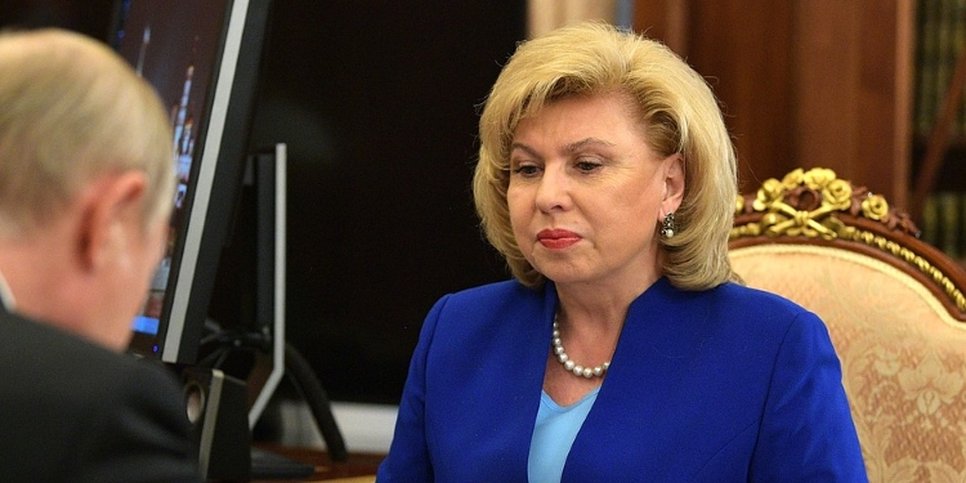Photo source: www.kremlin.ru
Photo source: www.kremlin.ru
The Russian Ombudsman pointed to the root of the unjustified persecution of Jehovah's Witnesses
Moscow, Oryol RegionOn June 10, 2019, Tatiana Moskalkova, Commissioner for Human Rights in the Russian Federation, presented her report for 2018 to the President of the Russian Federation. In it, for the first time, she drew attention to the unjustified criminal prosecution of Jehovah's Witnesses, and also pointed out the root of the problem.
Contradictions in the current legislation. Referring to the harsh sentence imposed on Dennis Christensen, Tatiana Moskalkova wrote: "These events make us think about the existence of a conflict between the constitutional right to practice one's religion individually or in community with others and the signs of extremist activity specified in Article 282.2 of the Criminal Code of the Russian Federation." (At the time of the High Commissioner's meeting with the President, there were 38 Jehovah's Witnesses in Russian prisons as a result of the decision of the Supreme Court of the Russian Federation, which in 2017 recognized all religious organizations of Jehovah's Witnesses registered in the country as extremist, liquidated and banned their activities.)
What is the root of all the accusations of extremism leveled against Jehovah's Witnesses? Tatiana Moskalkova pointed to the very essence of the problem: "Vague criteria for classifying religious materials as extremist are unacceptable, when virtually any federal judge at his own discretion can prohibit any book, image, video or audio recording." (In fact, all accusations against Jehovah's Witnesses boil down to the Federal List of Extremist Materials, which included religious books of Jehovah's Witnesses. Subsequently, because of these books, 1) fines were imposed on religious organizations, 2) warnings were issued to organizations, and 3) organizations were liquidated and recognized as "extremist.")
Condemning the persecution of Jehovah's Witnesses, the Commissioner for Human Rights in the Russian Federation is unanimous with the President of the Russian Federation, the Human Rights Council under the President of the Russian Federation, the Office of the UN High Commissioner for Human Rights, the UN Working Group on Arbitrary Detention, observers of the Parliamentary Assembly of the Council of Europe, and the European Union External Action Service and many other influential organizations and institutions. Nevertheless, raids and arrests continue in 40 regions of Russia from Pskov to Petropavlovsk-Kamchatsky.

